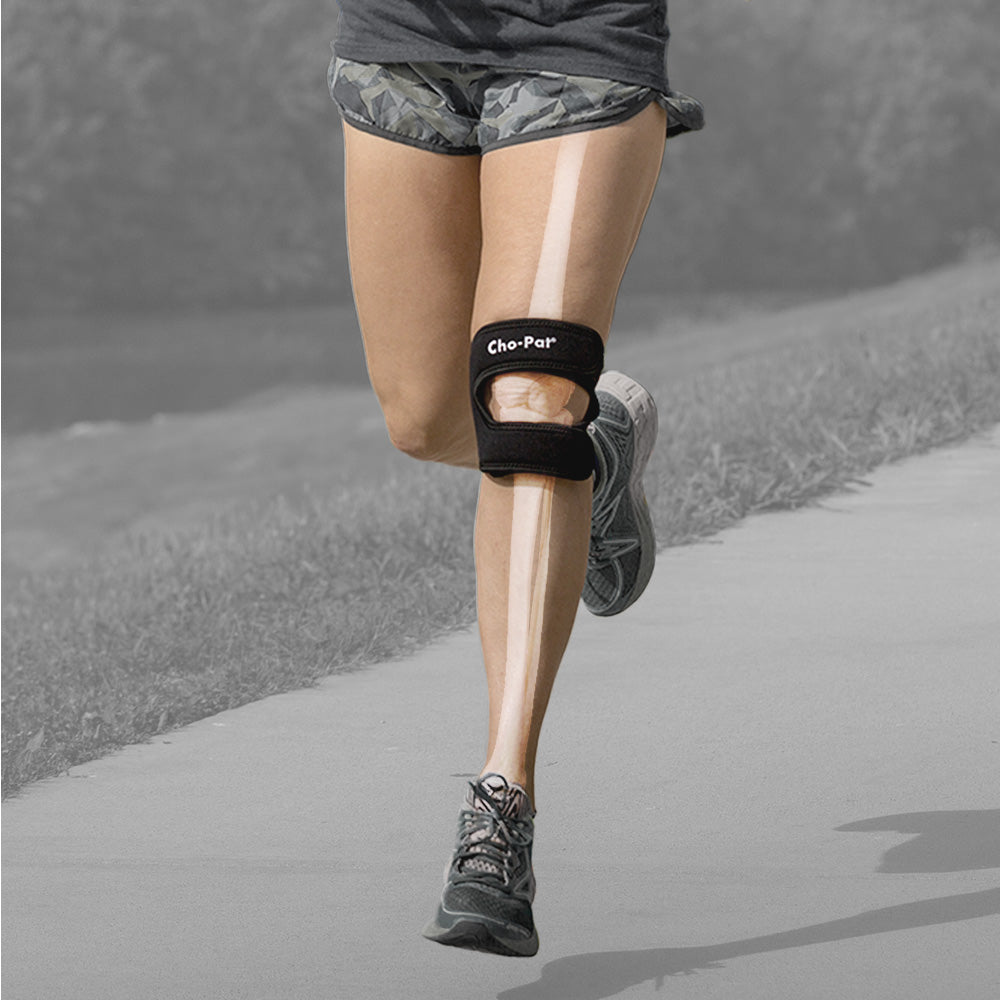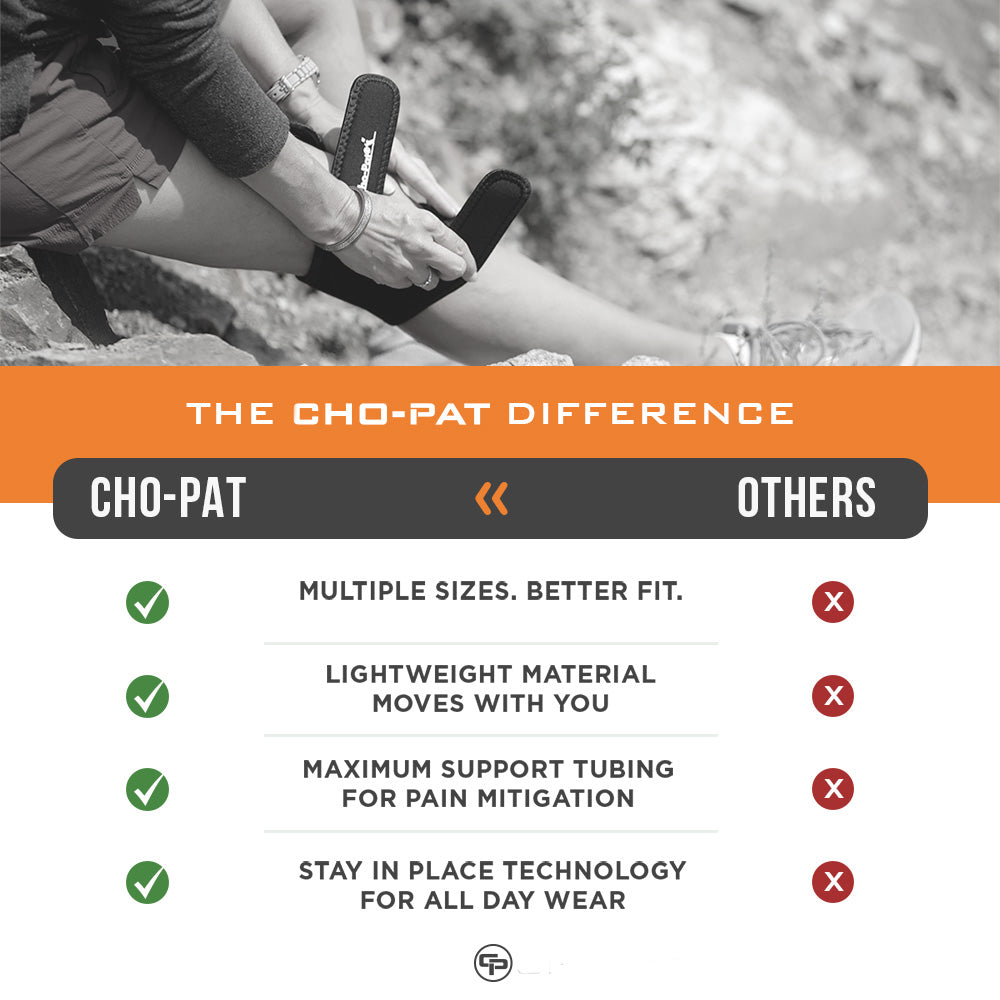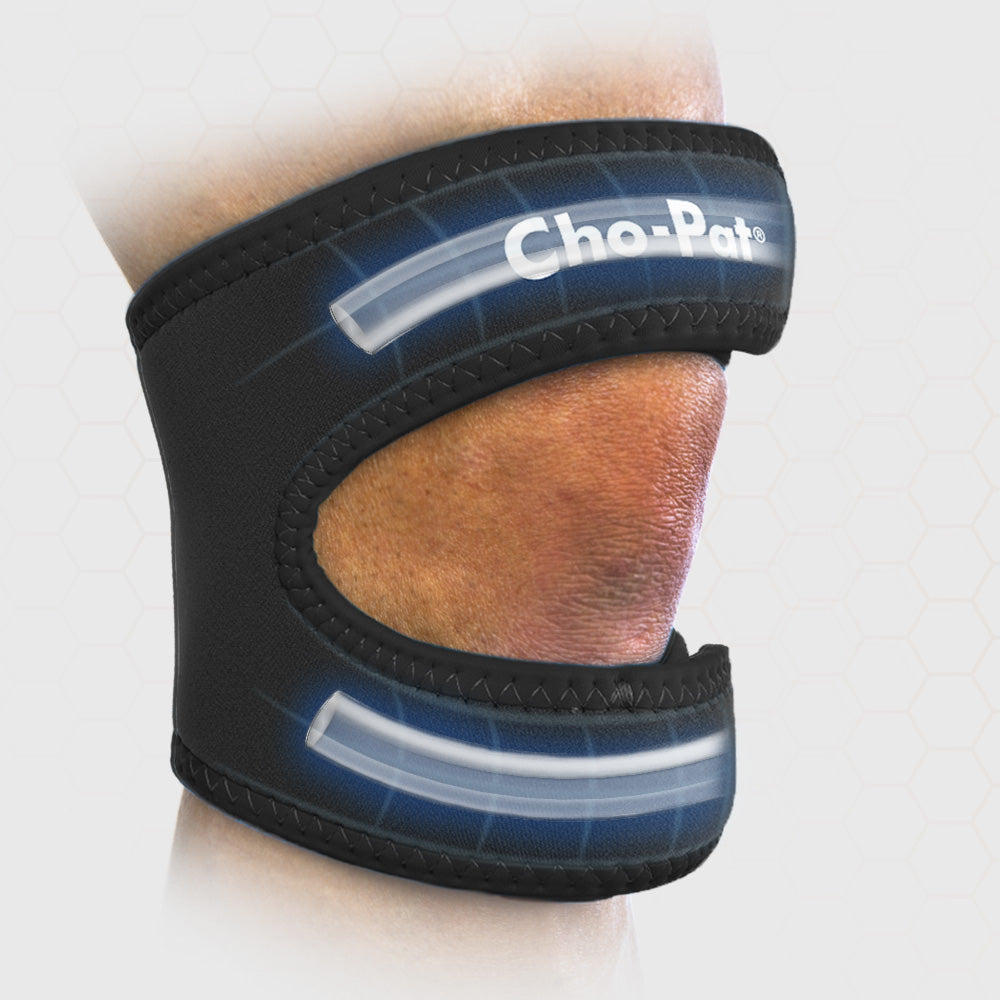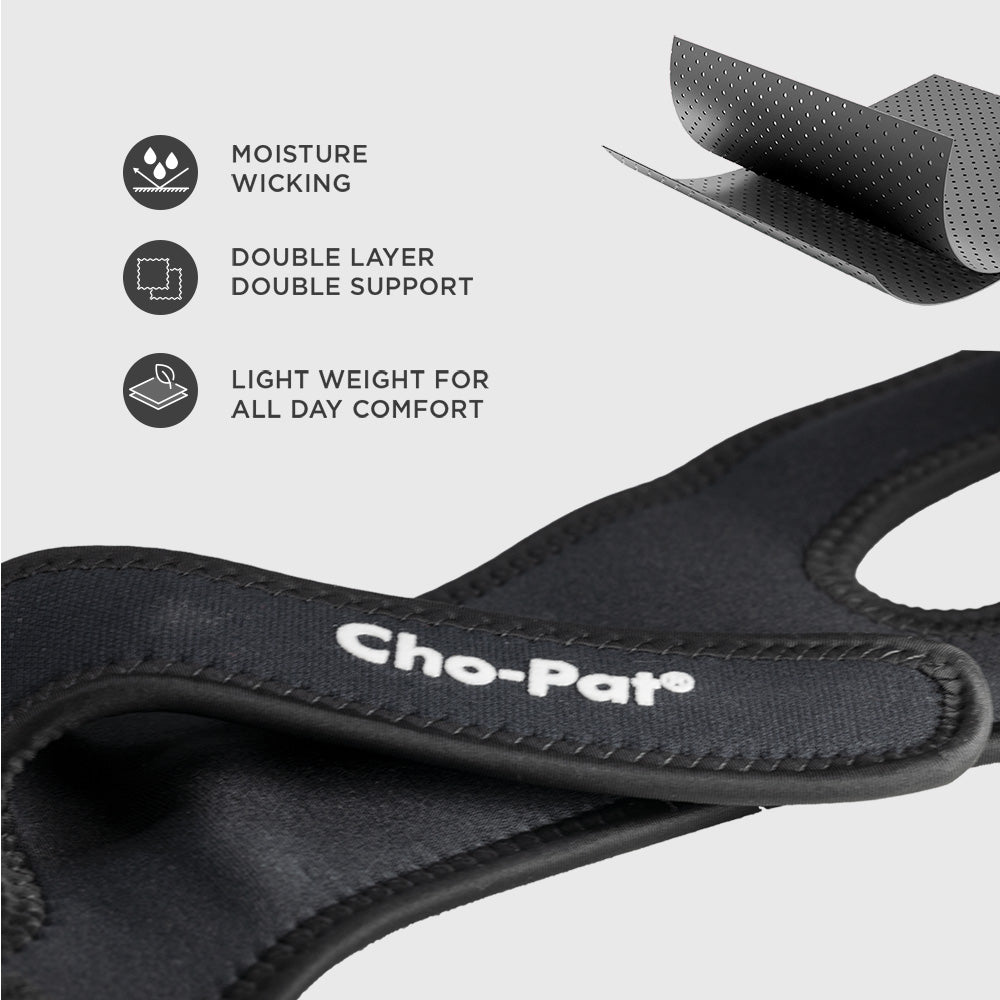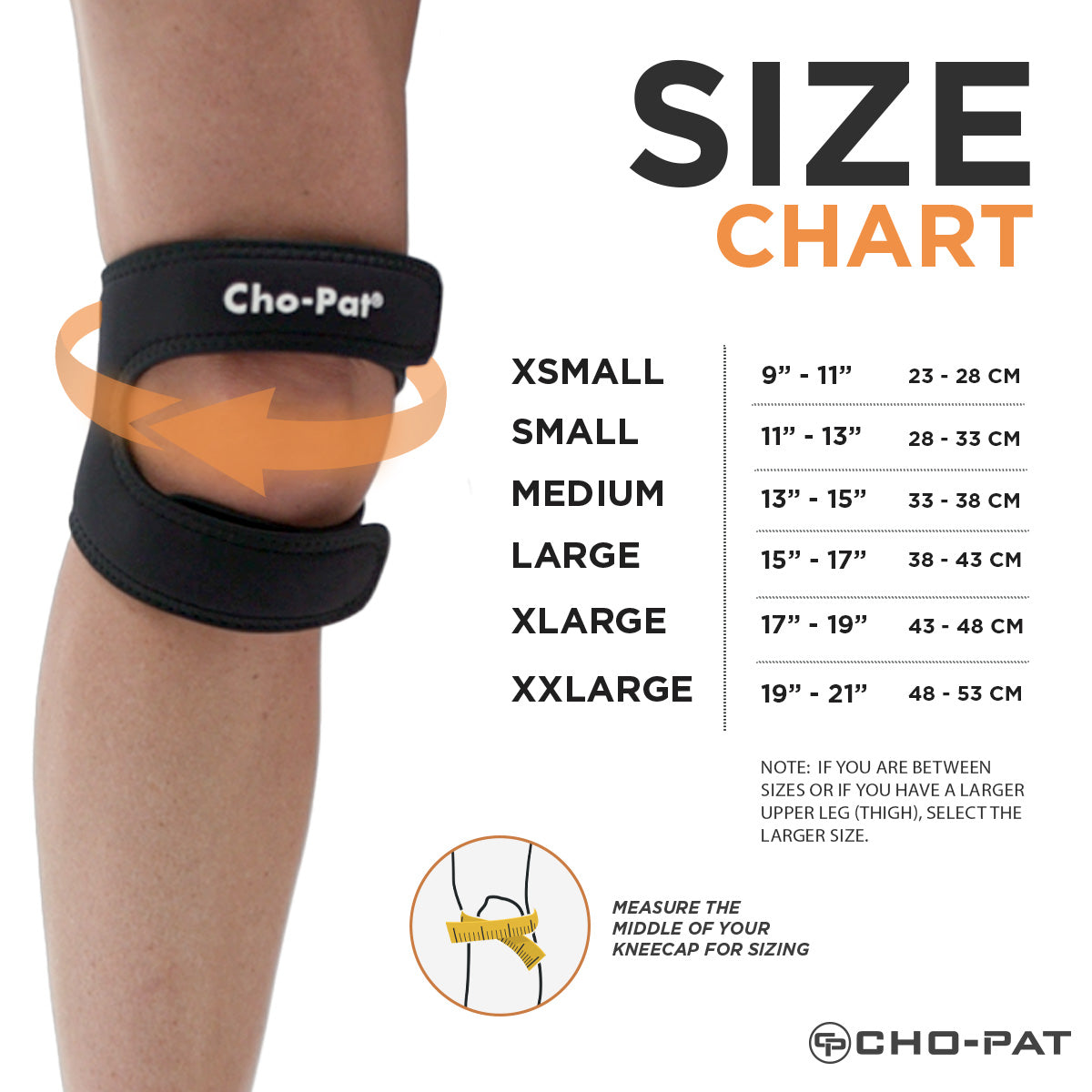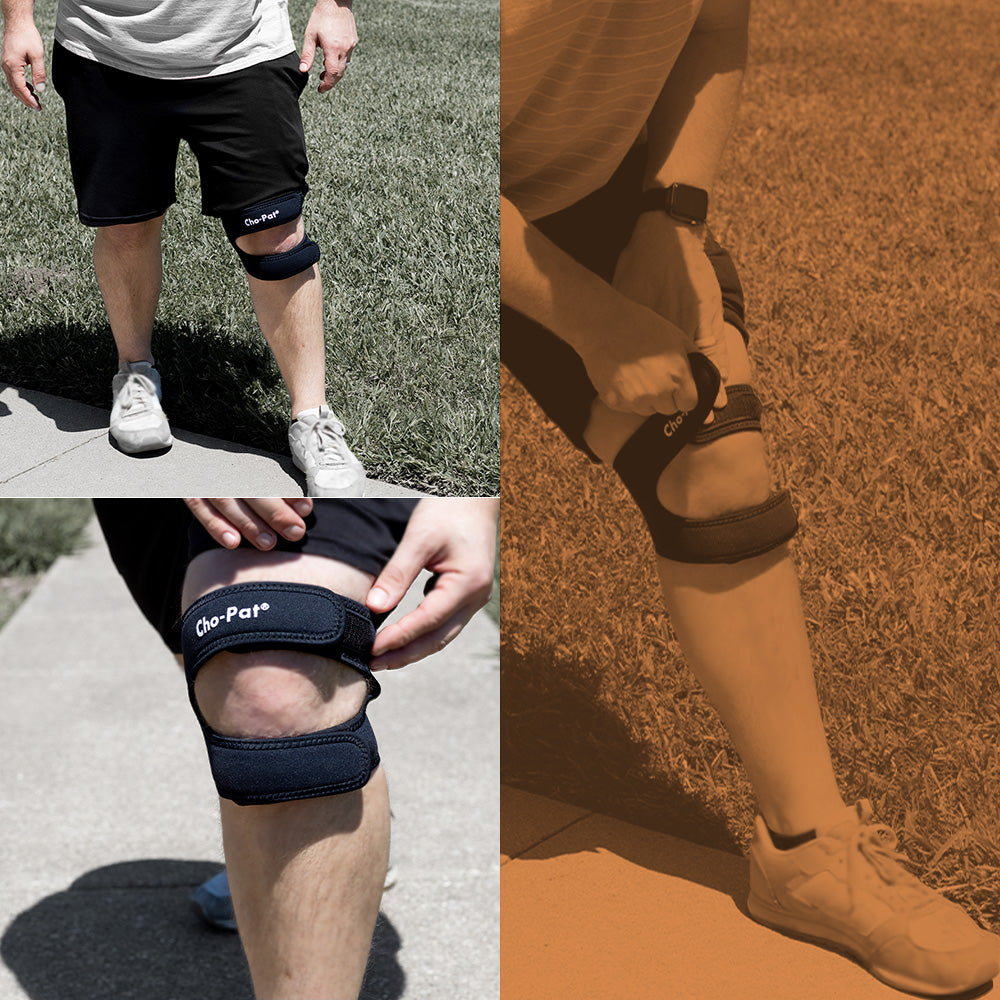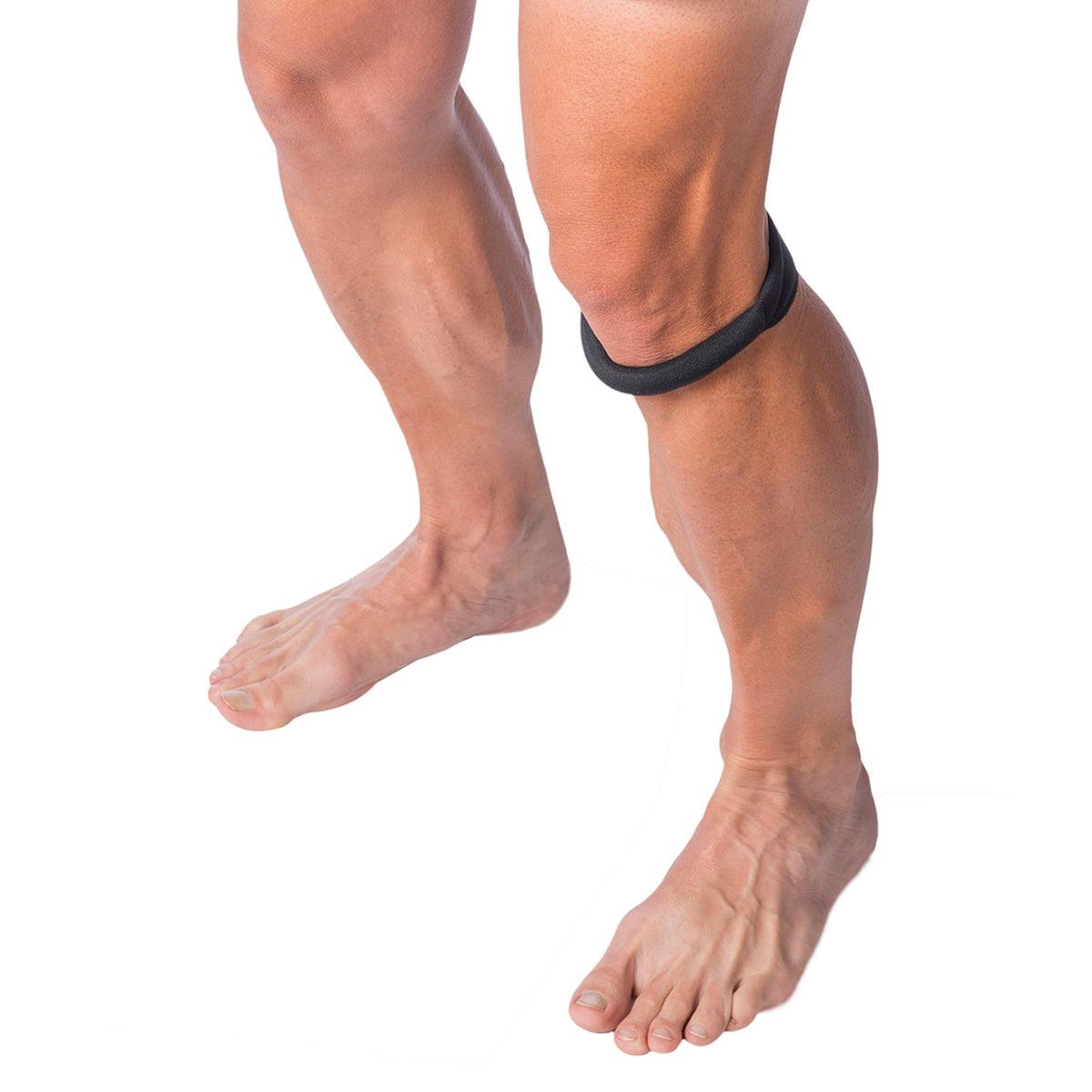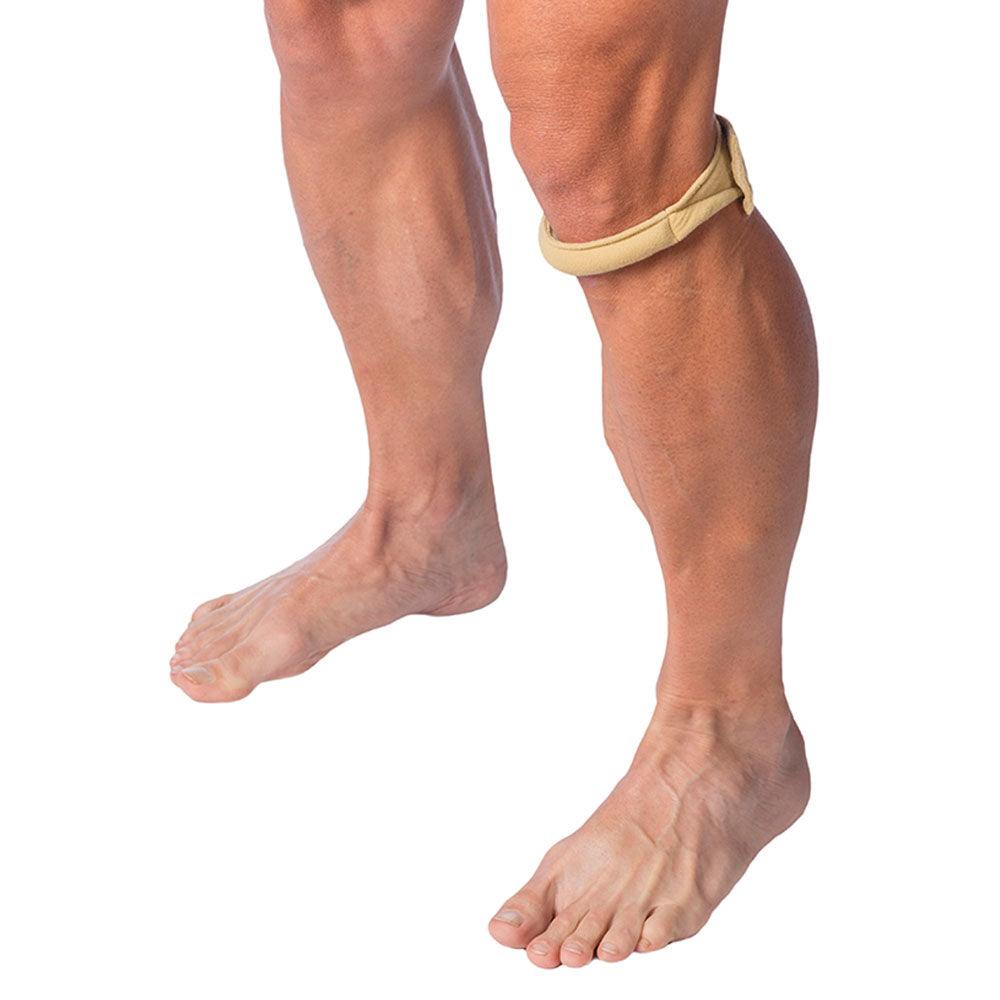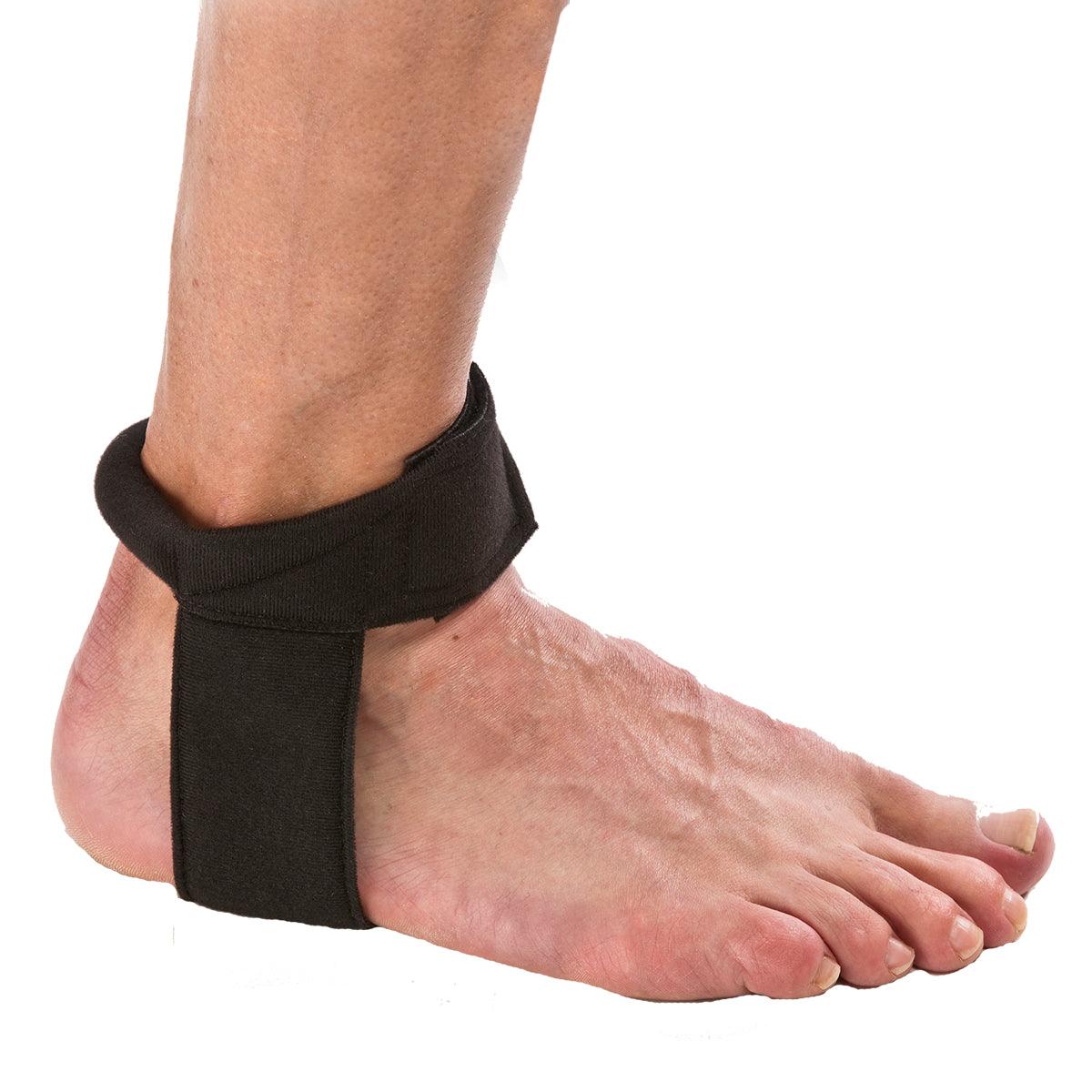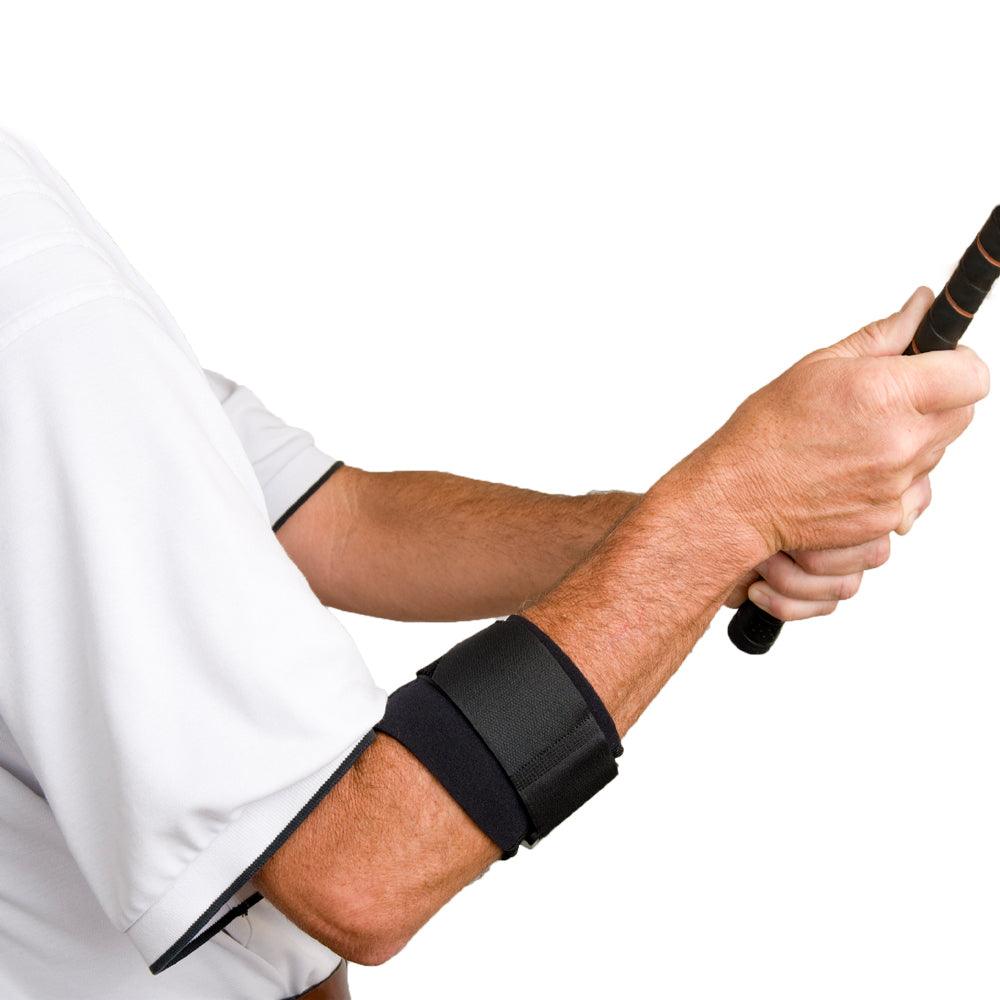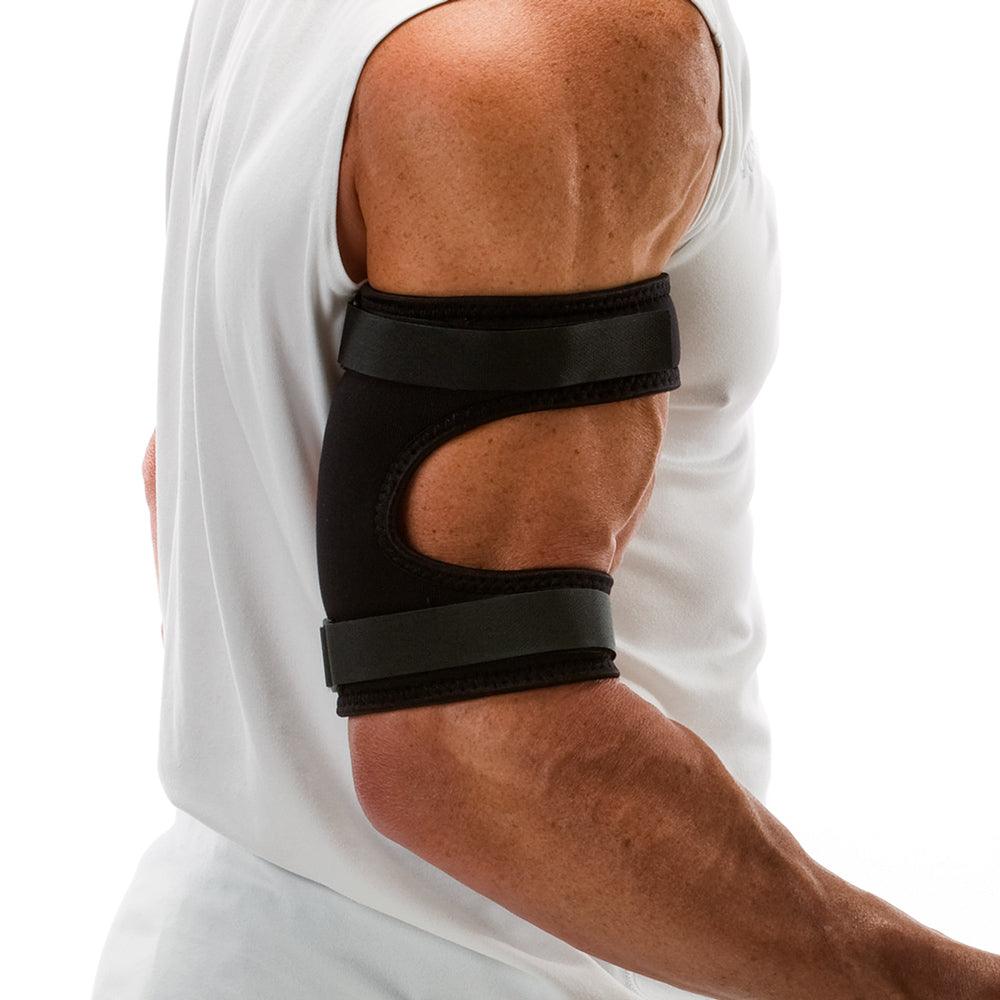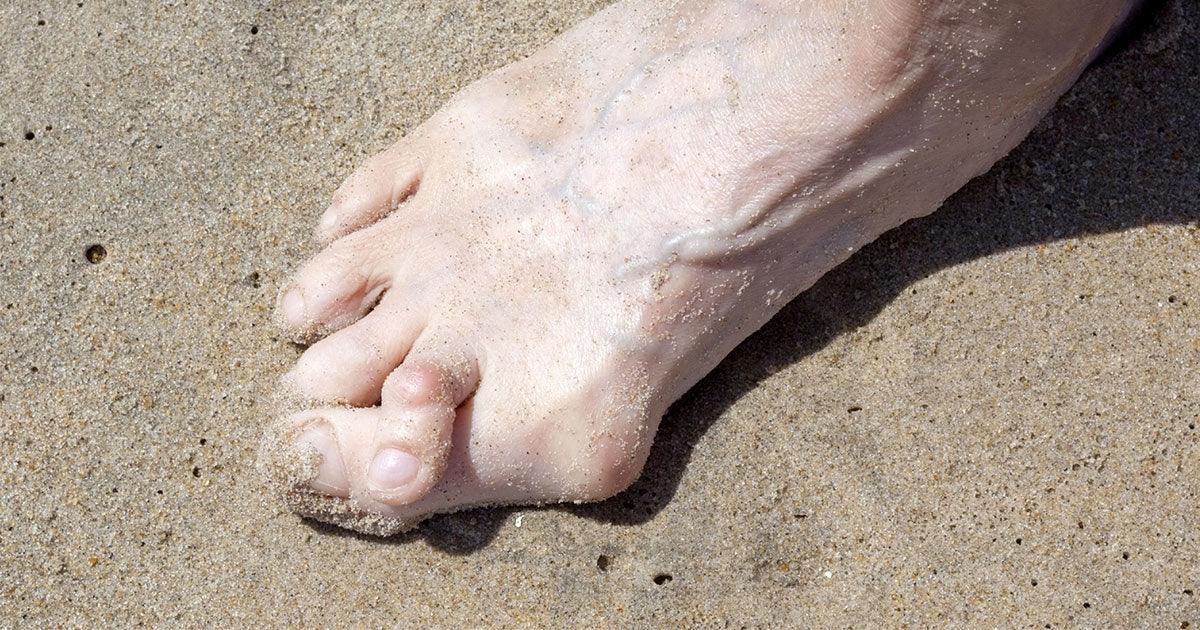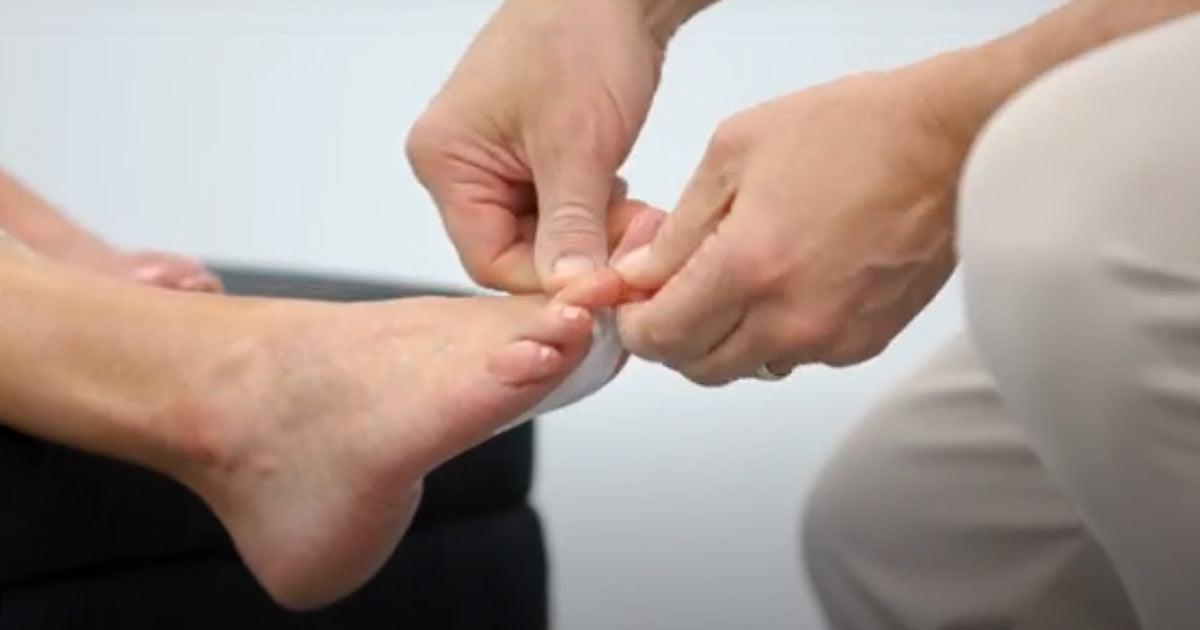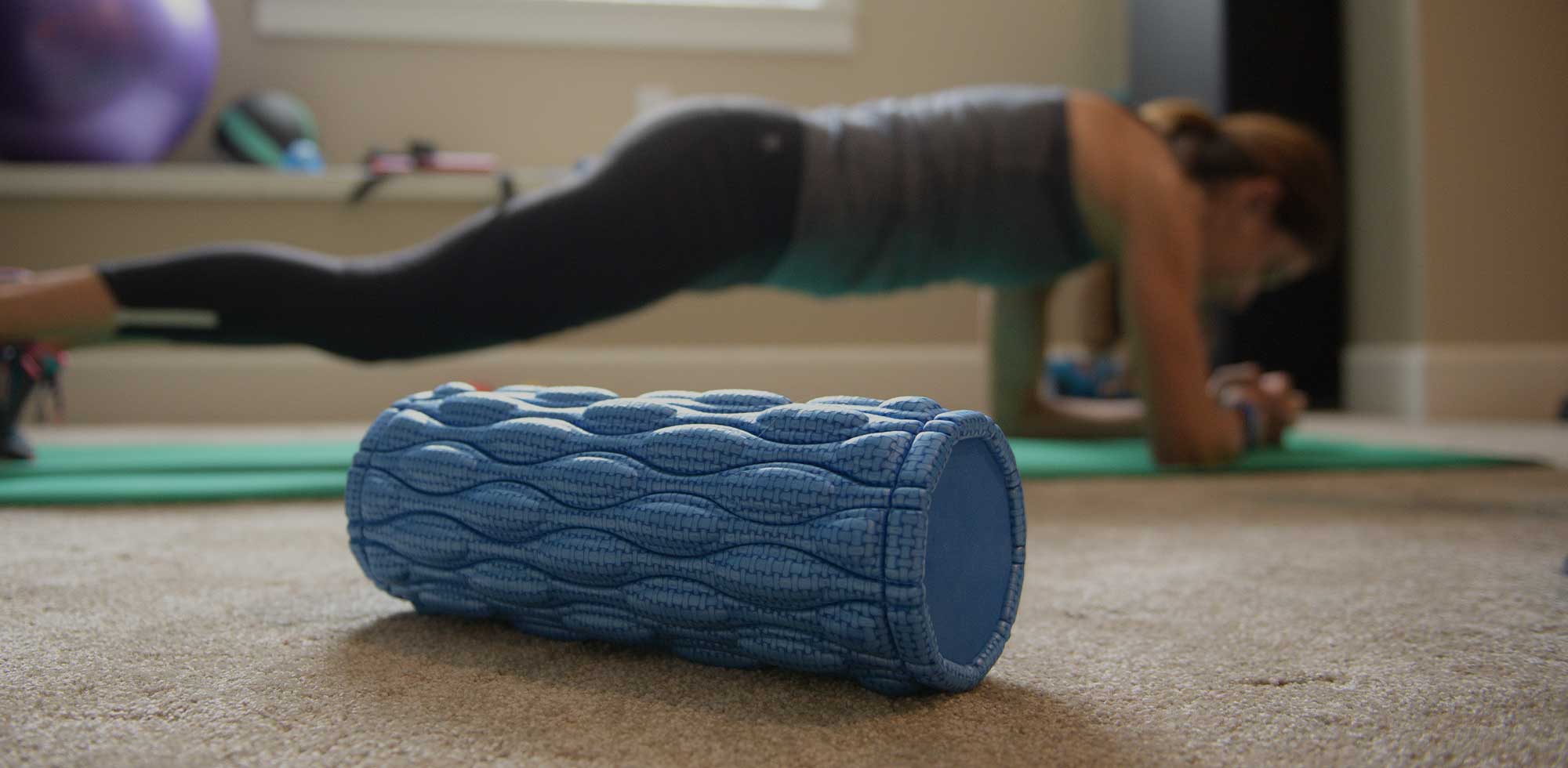By Carrie Jackson, CMPC, co-author of Rebound: Train Your Mind to Bounce Back Stronger from Sports Injuries and co-host, The Injured Athletes Club podcast
How to Mentally Heal from Your Injury
Injuries happen to every athlete, and they’re more than just a physical experience. Getting hurt also has many psychological effects on athletes. As I’ve written before, the experience of being sidelined can trigger a whole roller coaster of emotions, from sadness and guilt to hope and joy.
In some cases, the psychological response to injury can pose significant challenges to mental health. However, treatments for injuries—from surgery to physical therapy—typically focus only on the muscles, joints, and bones.
It doesn’t have to be this way. There’s a lot you can do to mentally heal from an injury, even as your body repairs and rebuilds. And if you approach the process with the right mindset, you might even wind up learning and growing during the process, emerging from the experience a better, stronger athlete and person.
Healing Through Hardiness
Sport psychology research tells us that athletes who tend to cope best with injury are those high in a personality trait called hardiness. Not only are athletes high in hardiness more likely to get through a challenging situation with resilience, they’re also more likely to experience growth afterward.
Hardiness involves three basic components:
- Commitment refers to the ability to persevere — to keep putting one foot in front of the other even when faced with difficult times. You stay involved, seeing things through to the end despite any obstacles you may encounter.
- Control refers to the ability to not feel helpless when faced with difficult times. You believe you are capable of influencing the circumstances of your life, understand that certain things are out of your control, and take action to address the things you can influence.
- Challenge is the inclination to view stressors as a normal and ongoing part of life. You know that setbacks are not threats to your safety and security but, rather, challenges and opportunities for deepening your understanding and growth.
While some athletes are naturally higher in hardiness than others, you can take deliberate steps to enhance each of these components. Similar to physical skills like running, throwing, or jumping, you can work on these areas with mental skills training. These traits aren’t just characteristics you have, they’re proficiencies you can practice and strengthen with time.
We know this from research, too. A recent study in the Journal of Sports Rehabilitation found that of more than 1,283 competitive athletes, 64% of used mental skills when recovering from injury. Of those who employed them, 71.6% indicated that they felt mental skills helped them to rehabilitate faster.
Here’s how to use mental skills training to build your hardiness, so dealing with injuries mentally becomes easier—and you’re more likely to emerge stronger on the other side.
Reinforce Your Commitment
When I’m working with someone who’s feeling lost due to injury, struggling to stay on track with rehab, or doubting that their efforts are moving them forward, I always remind them: You are still an athlete; recovery is now your sport.
Connecting your current activities to your greater purpose will help you see meaning in both small, everyday tasks and greater challenges. This can help you stay the course when you are facing a setback.
From there, it’s important to consciously adjust your goals and timelines. Examples of new goals to set include:
- goals for your physical rehabilitation, such as spending a certain amount of time completing your exercises
- mental training goals, such as daily mindfulness or meditation training or practicing visualization
- lifestyle goals that can affect recovery and performance — say, sleeping more or changing your diet
- increasing your knowledge of the game or sport by reading, studying footage, or attending clinics or practices
- new performance or competition goals that take into account the probable timeline for your recovery (best set with input from your medical and coaching team)
Claim Your Control
Setting new goals also puts you back in the driver’s seat, enhancing your feelings of control. But there are even more ways you can go about staying active, engaged, and involved in your recovery process.
If you ever find yourself feeling anxious or overwhelmed, try an exercise I call “In/Out of Control” (we have a template for this on page 88 of Rebound). Get out a piece of paper and divide it into two columns, one for “In Control” and one for “Out of Control.” Write the things you’re worried about into the appropriate column. For instance, “Doing my at-home exercises” or “Asking for support” are in your control. Meanwhile, “How long it takes for my body to heal” and “What my teammates say about me” are firmly outside your influence.
If what you’re worrying about at the moment falls in the “Out of Control” column, ask yourself if you can try to let go of it, at least for right now. Instead, shift your focus to the “In Control” column, and take an action that builds forward momentum for your recovery—for instance, seeking a certified mental performance consultant, sport psychologist, or mental health professional for assistance with the mental side of sports injury.
Embrace the Challenge
Finally, you can work on your hardiness by reframing your situation as a challenge rather than a defeat. I often advise athletes to take a step back and view their entire narrative as a journey, one in which they’re the hero who must rise above adversity.
When you think about the most exciting tales you grew up with, many of them involved a hero who has to rise to the occasion to meet challenges and save the day — think Frodo Baggins from The Lord of the Rings or Dorothy Gale from The Wizard of Oz.
Author and mythologist Joseph Campbell described this archetypal story as “The Hero’s Journey.” Often, the “hero” is an underdog or an ordinary person like you and me, who then follows a distinct path that involves emerging victorious from a crisis.
I encourage you to actually sit down and write out your own Hero’s Journey story. Imagine it will be adapted into a screenplay for a multimillion-dollar film. How do you see the story playing out? What trials and obstacles do you face, who do you turn to for support, and how are you transformed as a result? (For even more in-depth instructions, you can turn to page 74 of Rebound.)
Taking control of your narrative in this way helps you place this setback into a larger context. In this light, your injury isn’t only a negative experience you must endure; it’s a necessary step along your pathway to greatness. That shift in perspective is one of the most powerful ways to influence the trajectory of your mental recovery, and to build confidence to carry with you into your training and competition—and the rest of your life.
By Carrie Jackson, CMPC, co-author of Rebound: Train Your Mind to Bounce Back Stronger from Sports Injuries and co-host, The Injured Athletes Club podcast






